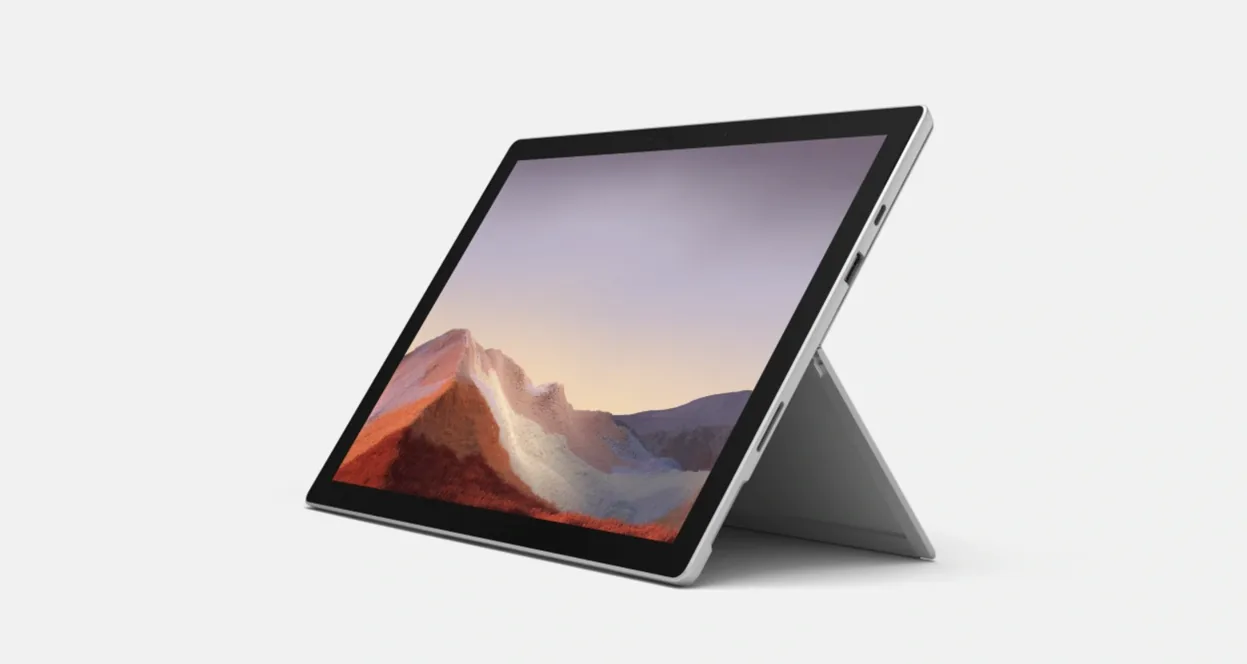
In an ambitious move, Microsoft is setting its sights on surpassing Apple’s MacBook Air, specifically the newly launched models powered by the M3 chip. With a series of new ARM-powered Windows laptops on the horizon, Microsoft is confident that its upcoming devices will not only match but exceed the performance of Apple’s celebrated notebooks.
Microsoft’s Strategy
Microsoft’s renewed focus centers on leveraging Qualcomm’s Snapdragon X Elite processors for its next generation of laptops. These processors are touted to offer superior CPU performance, enhanced AI acceleration, and more efficient app emulation compared to Apple’s M3 chip. Microsoft’s confidence stems from extensive internal testing and planned demonstrations intended to showcase these advantages during an upcoming event.
Key Features and Competitive Edge
The Snapdragon X Elite processors are expected to bring several significant enhancements:
- Improved CPU Performance: Microsoft claims that these new chips will deliver faster processing speeds, crucial for power users who demand high performance for tasks such as video editing, software development, and complex data analysis.
- Enhanced AI Capabilities: AI acceleration is a major focus, with promises that the new laptops will handle AI-driven tasks more efficiently than the MacBook Air. This includes better performance in AI-enhanced applications like image and video processing, voice recognition, and predictive typing.
- Superior App Emulation: The ARM-powered laptops are designed to run legacy Windows applications smoothly, potentially outpacing Apple’s Rosetta 2 in translating apps designed for Intel-based systems.
Addressing the Competition
Apple’s M3 MacBook Air, available in 13-inch and 15-inch variants, has set a high bar with its exceptional battery life, robust performance, and sleek design. The M3 chip offers significant improvements over its predecessors, including hardware-assisted ray-tracing for enhanced graphics and support for multiple external displays.
Microsoft’s challenge is not only to match these features but to offer distinct advantages that can attract users who are currently within Apple’s ecosystem. By focusing on raw performance and AI capabilities, Microsoft aims to provide a compelling reason for consumers and professionals to consider their new laptops.
Potential Challenges
Despite Microsoft’s optimism, there are several hurdles to overcome. Historically, Qualcomm’s processors have struggled to meet the high expectations set by Intel and Apple Silicon. Battery life, GPU performance, and overall efficiency are critical areas where Microsoft must prove its claims through real-world performance tests.
The Bigger Picture
Microsoft’s push into ARM-powered laptops represents a broader strategy to redefine the Windows PC landscape. By offering laptops that promise superior performance and efficiency, Microsoft aims to capture a larger share of the premium laptop market currently dominated by Apple. This move also aligns with Microsoft’s broader vision of integrating more AI capabilities into everyday computing, setting the stage for a new era of intelligent personal devices.
As Microsoft prepares to unveil its new lineup, the tech world is eagerly watching to see if these ARM-powered laptops can truly outperform the MacBook Air. If successful, Microsoft could significantly shift the dynamics of the laptop market, providing consumers with more powerful and versatile computing options.


















